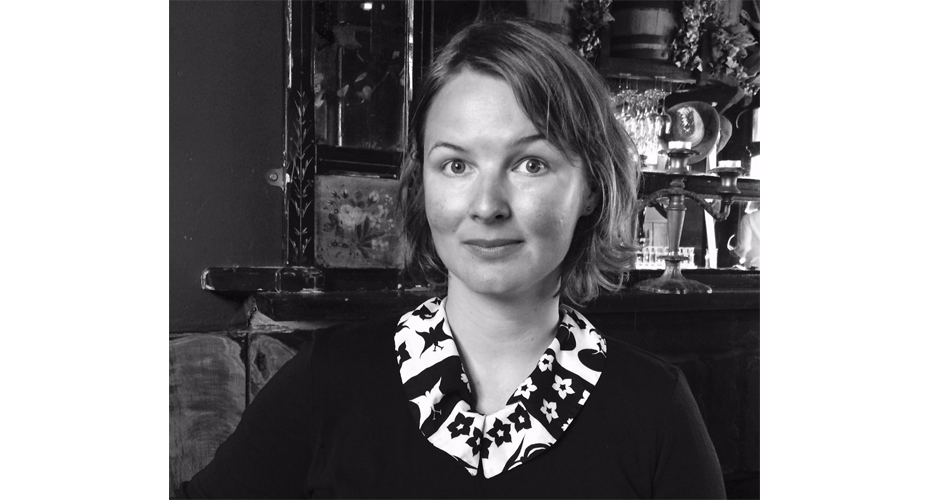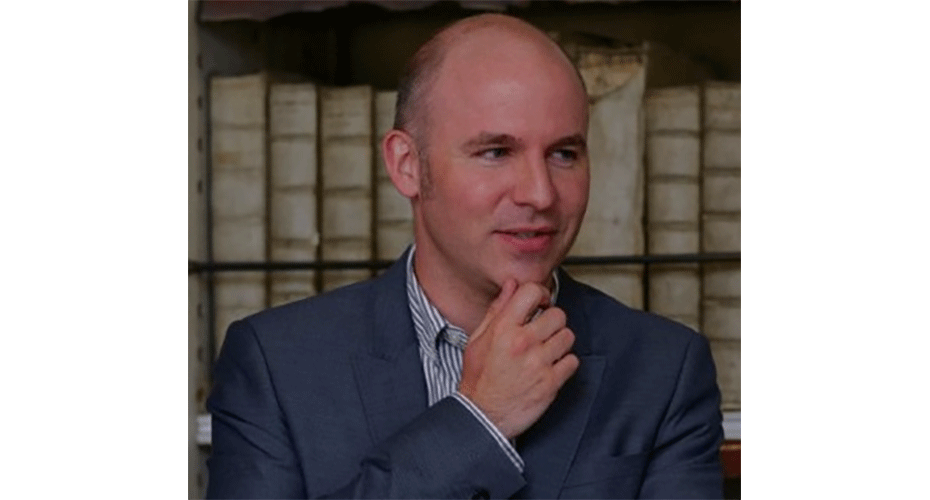Masters applications for 2023 entry are now closed.
Applications for September 2024 will open on Monday 25 September. Applications are now open for programmes with a January 2024 start. View our programmes »
Overview
- You will study the ideas that have shaped our political and ideological traditions, focusing on the study of key thinkers, such as John Locke, Karl Marx and Michel Foucault
- We employ analytical and institutional approaches to debate the history of political ideas and changing perceptions of money, work and commerce
- You’ll benefit from an active research culture with seminar series and highly successful annual postgraduate conference
- Tailor your degree to your interests with an array of optional modules including Problems and Texts in Social and Political Thought, Sources in Modernity and Post-Modernity and Contemporary Ethics
Top 10 in the UK for Politics
Top 100 in the world for Politics
Flexibility to follow your interests with a world-leading cluster of researchers
Entry requirements
We will consider applicants with a 2:2 Honours degree with 53% or above in their first degree. While we normally only consider applicants who meet this criteria, if you are coming from a different academic background which is equivalent to degree level, or have relevant work experience, we would welcome your application.
Entry requirements for international students
English language requirements
International students need to show they have the required level of English language to study this course. The required test scores for this course fall under Profile B2. Please visit our English language requirements page to view the required test scores and equivalencies from your country.
Course content
The MA Social and Political Theory gives you the opportunity to study the thinkers who have shaped the modern world – Locke, Hegel, Marx and others – as well as more recent debates in social and political theory. It draws upon the diverse interests of our lecturers; refers to both Anglo-American and ‘Continental’ literatures; and employs analytical and institutional approaches.
As a graduate of this programme you will have a broad knowledge of classic debates in the history of political ideas and of changing perceptions of money, work and commerce. You will also have the opportunity to take a wide range of options in subjects including philosophy of social science, science and technology studies, and theories of revolution.
The modules we outline here provide examples of what you can expect to learn on this degree course based on recent academic teaching. The precise modules available to you in future years may vary depending on staff availability and research interests, new topics of study, timetabling and student demand.
Fees
2024/25 entry
UK fees per year:
£12,000 full-time; £6,000 part-time
International fees per year:
£24,300 full-time; £12,150 part-time
Scholarships
We invest heavily in scholarships for talented prospective Masters students. This includes over £5 million in scholarships for international students, such as our Global Excellence Scholarships*.
For more information on scholarships, please visit our scholarships and bursaries page.
*Selected programmes only. Please see the Terms and Conditions for each scheme for further details.
Teaching and research
Learning and Teaching
With the exception of the dissertation, each module on this programme is normally taught through academic lectures expanded through seminar discussion, presentations, group work, reading and essay assignments.
You will have an individual supervisor for your dissertation, which is a 16,000-20,000 word extended political theory essay on a topic of your choice (following discussion and approval from your supervisor).
The teaching and assessment on this programme should enable you to develop insight into recent critiques of modern Western societies and their values, and the ways in which these form crucial theoretical elements in debates across the social sciences.
Library services
Our main library is open 24/7 throughout the academic year. With a book stock in excess of 1.2 million, we have one of the highest UK academic library ratios of books to students. The main library offers self-service machines, state-of-the-art multimedia facilities, and an extended wifi network. The library provides world-class study facilities to all students. It has extensive holdings of works on political science, international relations and the various sub-disciplines.

Dr Sarah Drews Lucas
Lecturer

Professor Duncan Russel
Professor in Environmental Policy

Dr Ross Carroll
Lecturer

Dr Dario Castiglione
Associate Professor
Dr Sarah Drews Lucas
Lecturer
Sarah’s research is focused on developing models of feminist agency that enable political action. She is especially interested in identity formation, communication and communicability, and interrogating the boundaries of the political (especially asking after the necessary pre-political conditions for action).
Her area of expertise is feminist philosophy, but she is also interested in critical theory, contemporary political theory, continental philosophy, and human rights.
Profile page
Professor Duncan Russel
Professor in Environmental Policy
Duncan Russel is a Professor in Environmental Policy. His research and teaching interests include UK and European climate, climate and public policy, policy appraisal and coordination, evidence and policy interactions and budgetary politics.
Profile page
Dr Ross Carroll
Lecturer
Ross teaches on the core module Understanding and Interpretation in Political Thought. His teaching and research are primarily in the history of early modern political thought with a particular focus on the writings of Mary Wollstonecraft, Edmund Burke, David Hume, the Third Earl of Shaftesbury, and Alexis de Tocqueville. Thematically his work mainly deals with issues surrounding the passions, ridicule, fanaticism, religious toleration, and censorship.
His current book project is titled Uncivil Mirth: Laughter and Ridiciule from Shaftesbury to Wollstonecraft.
Profile page
Dr Dario Castiglione
Associate Professor
Dario teaches on the core module Problems and Texts in Social and Political Thought. His field of interest is political theory and its history, with particular application to contemporary European developments. His main areas of research comprise democratic theory, the interconnection between state and society, the history of early modern political thought, and democracy and constitutionalism in the EU.
Profile page
Careers
You will develop a number of skills that are valued in professional and managerial careers: the ability to research and analyse information from a variety of sources along with written and verbal skills needed to present and discuss your opinions. The understanding you will gain of complex political and cultural issues, often in continually changing environments, can also be relevant to both business and public sector appointments.
Consequently, University of Exeter Politics postgraduates have been highly successful in securing interesting career opportunities and progressing to PhD level study.
Careers support
Our careers advisory service provides expert guidance to all students to enable them to plan their futures through psychometric testing, employer presentations, skills events, practice job interviews and CV preparation.















